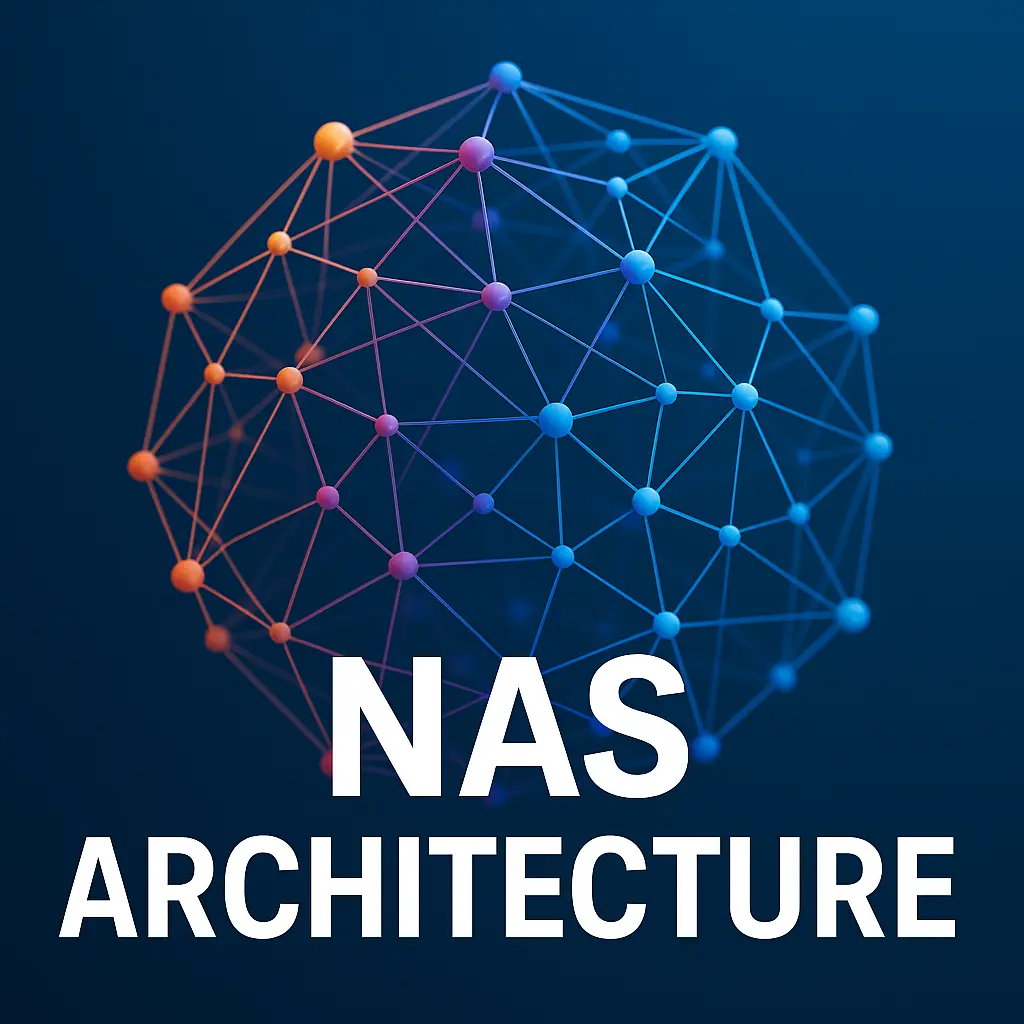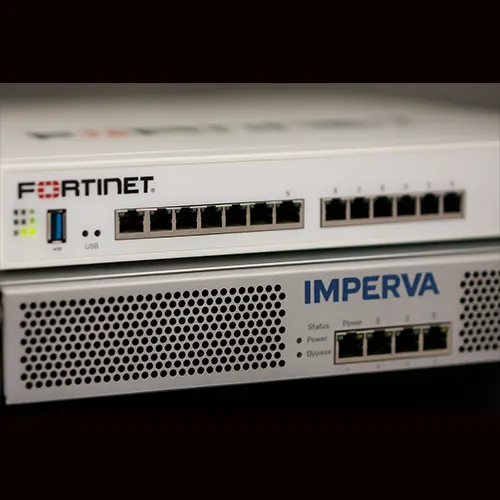Fortinet vs Imperva: A Deep Technical Comparison Without the Buzzwords
✅What Each Platform Is Built For in Fortinet vs Imperva
Fortinet is fundamentally a network security platform. Its flagship product, FortiGate, is a next-generation firewall (NGFW) built to secure network traffic across data centers, branches, and edge environments. Fortinet’s strength lies in its ability to manage large-scale network traffic and implement layered defenses through a tightly integrated ecosystem (FortiOS, FortiManager, FortiAnalyzer).
Imperva, on the other hand, is built for protecting data and applications. Its Web Application Firewall (WAF), DDoS protection, and database security tools make it more focused on the application layer (Layer 7) and data access patterns. Imperva is used when the primary concern is protecting APIs, web applications, and sensitive data from misuse or exfiltration.
They serve different core purposes, but there’s some overlap, especially in cloud security, where both have been expanding.
✅ Core Technologies in Fortinet vs Imperva
Fortinet
- FortiOS: Unified OS across all Fortinet products.
- ASIC Hardware Acceleration: Custom processors (like NP7) for better throughput and lower latency.
- Security Fabric: Framework to integrate NGFW, endpoint, sandboxing, etc.
- FortiGuard Labs: Provides threat intelligence feeds.
Imperva
- Cloud WAF Engine: Machine-learning-powered rules and behavioral baselines.
- ThreatRadar: Imperva’s threat intelligence and reputation-based filtering.
- Database Activity Monitoring (DAM): Deep visibility into database queries and anomalies.
- API Protection Stack: Secure API gateway and discovery tools.
✅ Network Security Capabilities in Fortinet vs Imperva
Fortinet dominates in this category. It offers:
- Full Layer 3–7 NGFW services
- Deep Packet Inspection (DPI)
- Intrusion Prevention System (IPS)
- Secure SD-WAN
- DNS filtering
- SSL inspection (with support for TLS 1.3)
- Segmentation and zero-trust architecture
Imperva offers network-level protections mainly for DDoS mitigation. It does not provide full NGFW capability and is not suited for acting as a perimeter firewall. Its focus is more downstream, closer to the application and user.
If you need to replace or augment your perimeter firewall, Fortinet is the choice.
✅ Application and Data Protection in Fortinet vs Imperva
Imperva is clearly stronger in application and data security:
- Industry-leading Web Application Firewall (Cloud and On-Prem)
- Bot mitigation
- API security: discovery, abuse detection, schema validation
- Runtime Application Self-Protection (RASP)
- Behavioral analytics for insider threats
- Database security: user rights management, query monitoring, risk scoring
Fortinet also provides WAF and API security via FortiWeb and FortiADC. However, these are typically seen as supporting tools in its portfolio, not core offerings. They lack the depth of Imperva’s inspection logic, threat models, and behavioral analytics.
If your business relies heavily on web apps or APIs—especially customer-facing ones—Imperva’s inspection depth is hard to beat.
✅ Threat Intelligence and Detection in Fortinet vs Imperva
Fortinet
- FortiGuard Labs delivers real-time threat intel.
- IPS and AV signatures are updated frequently.
- Supports sandboxing (FortiSandbox) for malware detection.
- Can integrate with EDR tools like FortiEDR for endpoint-level visibility.
Imperva
- ThreatRadar uses IP reputation, known attack patterns, and behavioral baselines.
- Supports automatic threat fingerprinting based on anomalies.
- Focuses more on logic-layer attacks, credential abuse, and insider threats.
In short, Fortinet looks outward—trying to block intrusions. Imperva looks inward—trying to stop misuse of applications and data.
✅ Cloud and Hybrid Infrastructure Support in Fortinet vs Imperva
Both vendors have strong cloud capabilities, but in different ways.
Fortinet
- Available as VM or container for AWS, Azure, GCP
- FortiGate supports auto-scaling and cloud-native routing
- FortiCNP and FortiCASB add Cloud Posture Management and SaaS visibility
Imperva
- Cloud WAF deploys at edge (CDN-level)
- Auto-discovers assets across multi-cloud
- Secures APIs across hybrid and cloud-native deployments
- Database Protection as a Service (DPaaS) for cloud-managed DBs
Fortinet gives you full control over infrastructure firewalls. Imperva hides the infrastructure layer and secures based on logic and data.
✅ Management and Integration in Fortinet vs Imperva
Fortinet
- Centralized management with FortiManager
- Logs and analytics through FortiAnalyzer
- Integrates with SIEMs (Splunk, IBM QRadar, etc.)
- Supports automation through REST API, Ansible, Terraform
Imperva
- Unified dashboard for app, data, and bot protection
- Strong integration with DevSecOps pipelines
- REST API available for automation
- Less detailed low-level log telemetry than Fortinet
Fortinet is a better fit for traditional IT and SOC environments. Imperva blends more naturally into modern DevOps and security automation workflows.
✅Performance and Scalability in Fortinet vs Imperva
Fortinet
- High throughput due to ASIC acceleration
- Handles large volumes of encrypted traffic
- Well-suited for branch, campus, or service provider networks
- Scales horizontally via FortiGate Clustering Protocol (FGCP)
Imperva
- Highly scalable cloud-native architecture
- Auto-scaling at the edge
- Global PoPs for low-latency WAF/DDoS protection
- Latency introduced by inspection logic is usually under 50ms
If raw throughput and low-latency packet inspection matter most, Fortinet wins. For distributed application traffic and elastic workloads, Imperva scales more gracefully.
✅ Cost Considerations in Fortinet vs Imperva
Pricing structures differ:
- Fortinet often involves capital expenditure (hardware), plus ongoing licenses
- Imperva follows a SaaS model: you pay based on traffic volume, protected assets, or DB queries
Fortinet may be cheaper over time for fixed infrastructure.
Imperva is more cost-efficient for organizations that scale rapidly or have variable traffic patterns.
Be careful: underestimating traffic in Imperva can lead to unexpected charges. Oversizing Fortinet can lead to sunk hardware cost.
✅ Real-World Use Cases in Fortinet vs Imperva
✅ Key Takeaways from the Fortinet vs Imperva Comparison
Fortinet is ideal if your top priority is network security, reliable throughput, and centralized infrastructure management. It fits well in environments with strong IT control and perimeter defense strategies.
Imperva is the better pick if your business runs on web apps, handles sensitive data, or faces API abuse, bots, or insider threats. It shines in protecting logic, user behavior, and access patterns.
In some setups, they even complement each other: Fortinet as the network shield; Imperva as the application guardian.
Choose based on your actual threat model—not just features.
Need help aligning security tools with your environment? Start by mapping your data flows, risk points, and where control matters most. Tools come second. Context is first.





